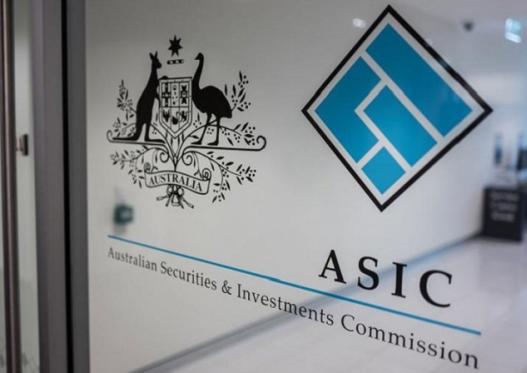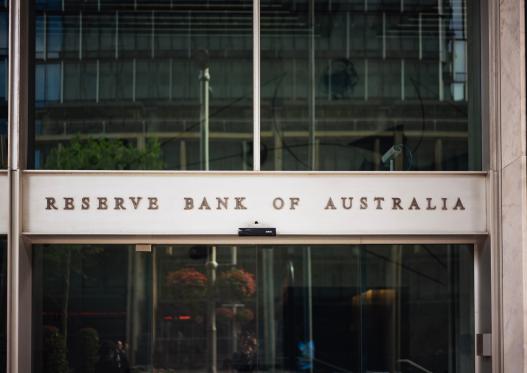Artificial intelligence (AI), cyber security and the high cost of living are the top priorities for Australasian financial regulators as we head into 2025. These were some of the themes explored in a wide-ranging discussion that took place at FINSIA’s recent "The Regulators" roundtable and discussion.
As inflation and high interest rates continue to strain Australian households, ASIC Commissioner Alan Kirkland highlighted the commission’s ramped up focus on supporting consumer protections.
With housing affordability and rental pressures ongoing, Mr Kirkland underscored the importance of financial institutions responding when people reach out for help.
“Higher inflation, higher interest rates, and higher rental prices have strained household budgets. While there are signs that some of these pressures may be easing, many Australians have been doing it tough - and when they have asked for help, they have not always been heard,” Mr Kirkland said.
“We are also conscious that some people see this economic environment as a business opportunity, so we are particularly interested in the emergence of business models that seek to avoid consumer credit laws, or purport to help people to manage their debts.”
The rapid rise of digital technologies has presented both opportunities and risks for Australian consumers. According to Mr Kirkland, one of ASIC's key priorities is addressing the growing threat of cybercrime and investment scams.
AI’s influence on the financial system and the growing problem of scammers are in ASIC’s sights. New technologies are changing the ways consumers navigate financial services. At the same time, new payments technologies mean money moves through and often out of our system much more rapidly than in the past.
“While these developments create opportunities for consumers, they also create new forms of risk. On the risk side, scammers used technology to steal $2.7 billion from Australians last year. While we've made a significant dent in that problem through the National Anti-Scam Centre, there is an increased risk of poor outcomes in some parts of the system,” says Kirkland.
APRA Executive Board Member, Therese McCarthy Hockey, said it was essential for the financial system to be ready for a downturn at any time, but especially now in an uncertain geopolitical environment.
“APRA’s priority for 2025 is a system wide stress test due to get underway in the first half of the year that will focus on the interconnectedness of the banking, super and wages systems and how they flow through to financial markets,“ she told the audience.
While AUSTRAC CEO, Brendan Thomas, said the organisation’s aim was to make it harder for criminals to profit from their crimes by strengthening our financial system against financial crime and using intelligence to catch and disrupt them.
“Money laundering remains a serious problem in our country. The crimes that pose the highest money laundering threats in Australia are profits from domestic and international illicit drug sales, tax and revenue crime, profits from illegal tobacco sales and profits from domestic and international scams,” says Thomas, noting the banking sector remains more exposed than most to the risks of proceeds of crime.
“We see a genuine commitment from the banking sector to engage with us and a willingness to receive our feedback, even when that feedback might be a little challenging,” he said.
Thomas noted more work needs to be done among smaller banks and non-banks around money laundering. He acknowledged there has been significant investments across the financial services in new systems and technology upgrades to enhance financial crime compliance frameworks.
The RBA’s Assistant Governor (Financial System), Dr Brad Jones, told the audience the RBA’s Payment System Board is trying to foster competition and innovation in a regulatory environment that promotes the ongoing safety and security of the Australian payments system.
“Our first priority is to promote the resilience of our payments and market infrastructure. Australians increasingly depend on the availability of electronic payment systems and our financial system relies on the smooth functioning of markets infrastructure. The orderly migration of the Bulk Electronic Clearing System (BECS) to more modern payment rails like the NPP is of critical importance to the country,” he says.
The RBA is conducting a risk assessment to identify and understand how the transition risks around BECs should be managed.
The audience was privileged to have Christian Hawkesby, Deputy Governor and General Manager of Financial Stability at the Reserve Bank of New Zealand (RBNZ), join the event via a link. Over the last five years, the RBNZ has designed a more modern approach to prudential regulation.
Over the past five years, the RBNZ has enhanced its prudential standards, including the development of a more risk-based, proportionate regulatory framework that that will include a deposit compensation scheme as a tool for managing financial stability.
“We have been working towards a more comprehensive set of prudential standards, with more tools at our disposal to use a risk based, proportionate approach as a regulator, where a deposit compensation scheme is part of the many tools at our disposal,” he told the audience.
Strengthening financial resilience
“The Regulators 2024” underscored the commitment of regulators across both Australia and New Zealand to collaborate on issues that impact the financial system.
With a focus on enhancing financial resilience, tackling financial crime, and preparing for the evolving risks of AI and cyber threats, the regulators are working together to ensure a secure and stable financial future for the region.
This year’s “The Regulators” was presented in collaboration with PwC Australia (Gold Sponsor), with the speaker panel moderated by Amrita Jebamoney, National Risk and Regulatory leader at PwC Australia. The panel engaged provided in-depth discussions with all the regulators, addressing the critical issues currently affecting the financial sector.
This event, which brought together key stakeholders in the Australasian financial services sector, instilled confidence in the capacity of regulators to address emerging risks and safeguard financial stability in the face of global challenges.








